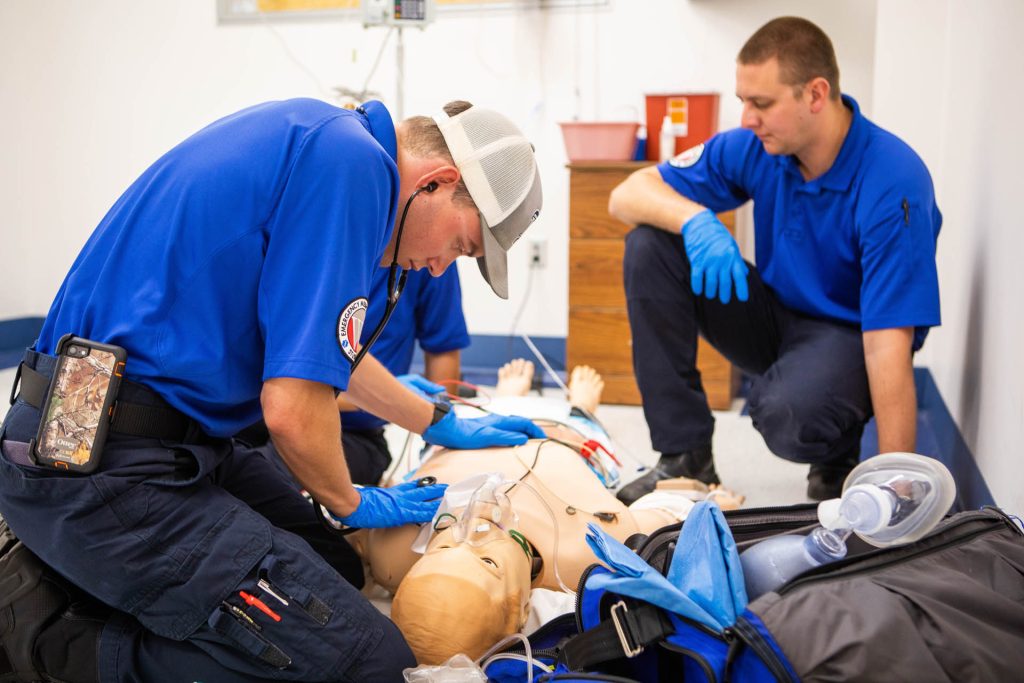Mobile medicine, epitomized by Emergency Medical Services EMS, stands as an indispensable component in the healthcare ecosystem, ensuring swift and proficient response to critical situations. The vital importance of EMS lies in its ability to bridge the crucial gap between an emergency and professional medical care, often serving as the frontline guardians of life. In moments of crisis, time becomes a precious commodity, and EMS acts as the temporal savior, offering immediate care that can be pivotal in determining patient outcomes. One of the paramount aspects underscoring the significance of EMS is its rapid deployment in emergencies. Whether it is a heart attack, trauma, or any life-threatening condition, EMS teams are trained to respond promptly, providing on-the-spot interventions that can significantly enhance the chances of survival. The deployment of paramedics, equipped with life-saving skills and tools, ensures that medical assistance reaches the scene at the earliest, mitigating the impact of critical conditions.

Furthermore, EMS functions as a mobile triage unit, adept at assessing the severity of a situation and efficiently prioritizing patients based on their needs. Alamo City Urgent Care triage system is crucial for optimizing the allocation of resources, ensuring that critical cases receive immediate attention. The ability of EMS personnel to make split-second decisions in high-pressure situations can be a defining factor in the ultimate outcome for the patient. The portability of EMS is another key facet of mobile medicine. Operating beyond the confines of traditional healthcare settings, EMS can reach patients in diverse locations, be it accident sites, homes, or public spaces. This accessibility is especially critical in rural or remote areas where access to immediate medical care might be limited. By bringing advanced medical care to the doorstep, EMS plays a pivotal role in democratizing healthcare services.
Moreover, EMS serves as a crucial link in the continuum of care. Beyond providing immediate interventions, EMS personnel seamlessly coordinate with hospitals, ensuring a smooth transition for patients from pre-hospital care to definitive medical treatment. Effective communication and information transfer between EMS and hospital teams are essential for optimizing patient outcomes and streamlining the overall healthcare delivery process. In conclusion, the vital importance of Emergency Medical Services in the realm of mobile medicine cannot be overstated. As the first responders to emergencies, EMS acts as a lifeline, delivering timely and proficient care that can be instrumental in saving lives. The mobile nature of EMS, coupled with its ability to assess, prioritize, and coordinate with hospitals, makes it an indispensable component of the healthcare infrastructure. In a world where emergencies are unpredictable, the reliability and efficiency of EMS make it a cornerstone in the collective endeavor to safeguard and preserve human life.
